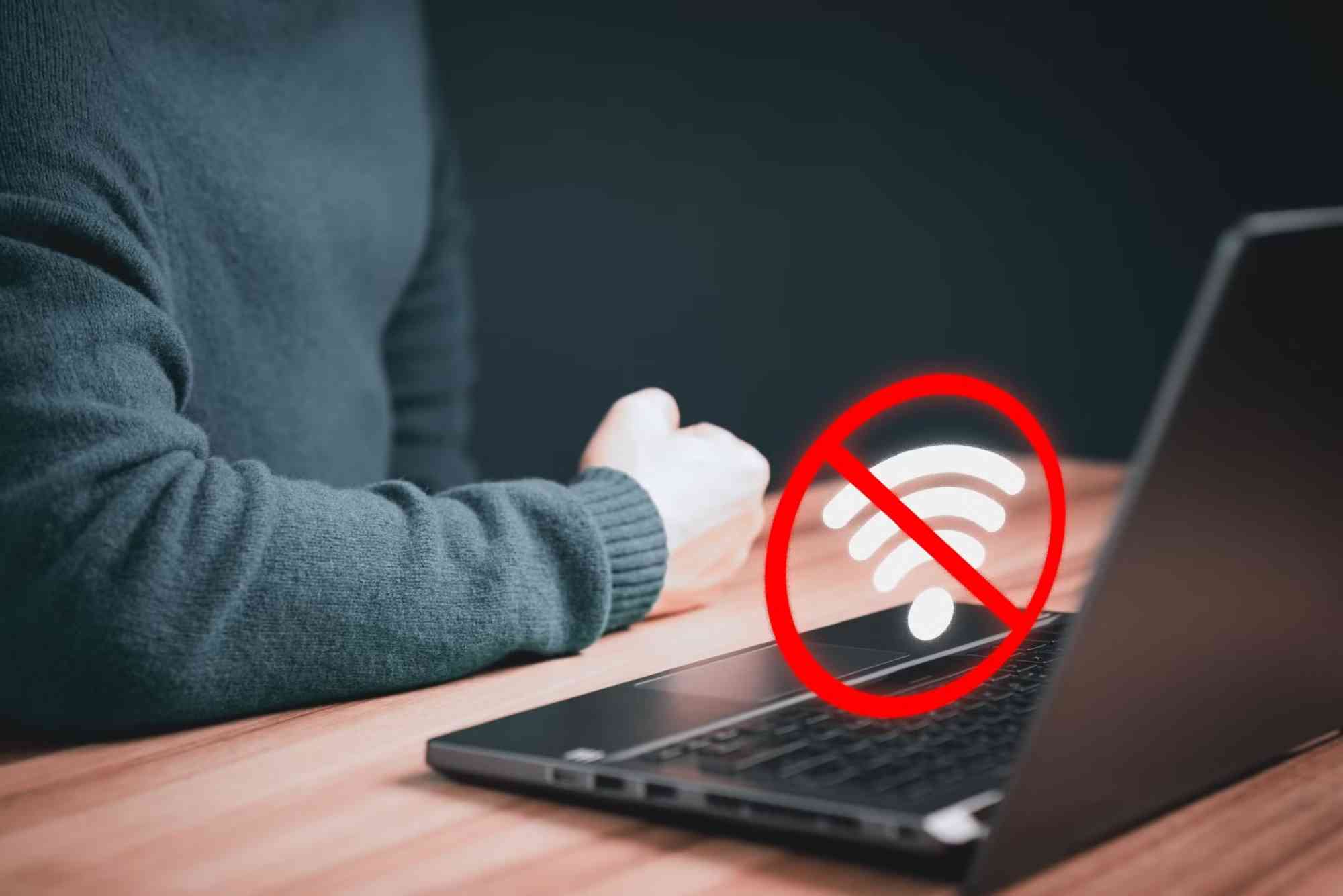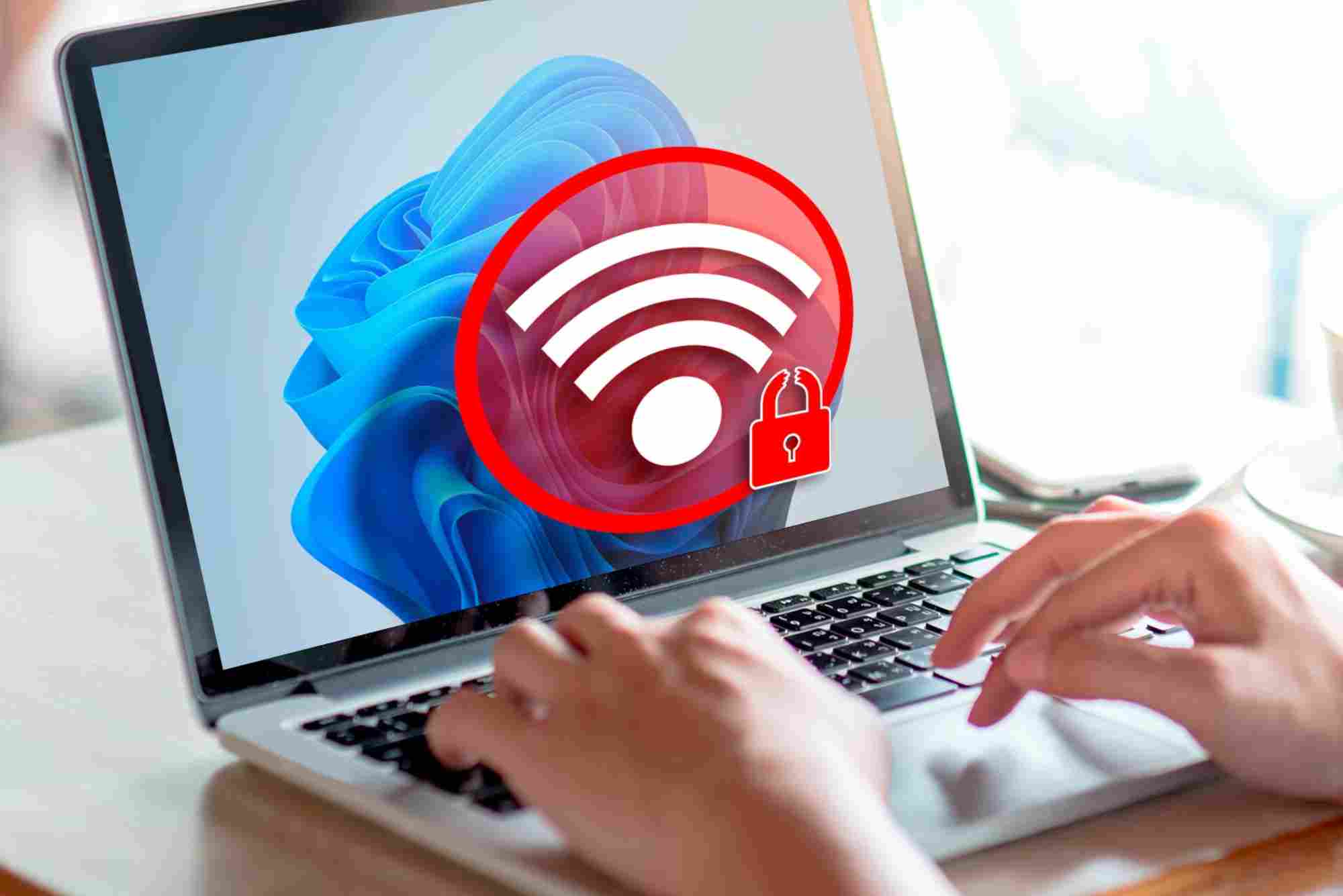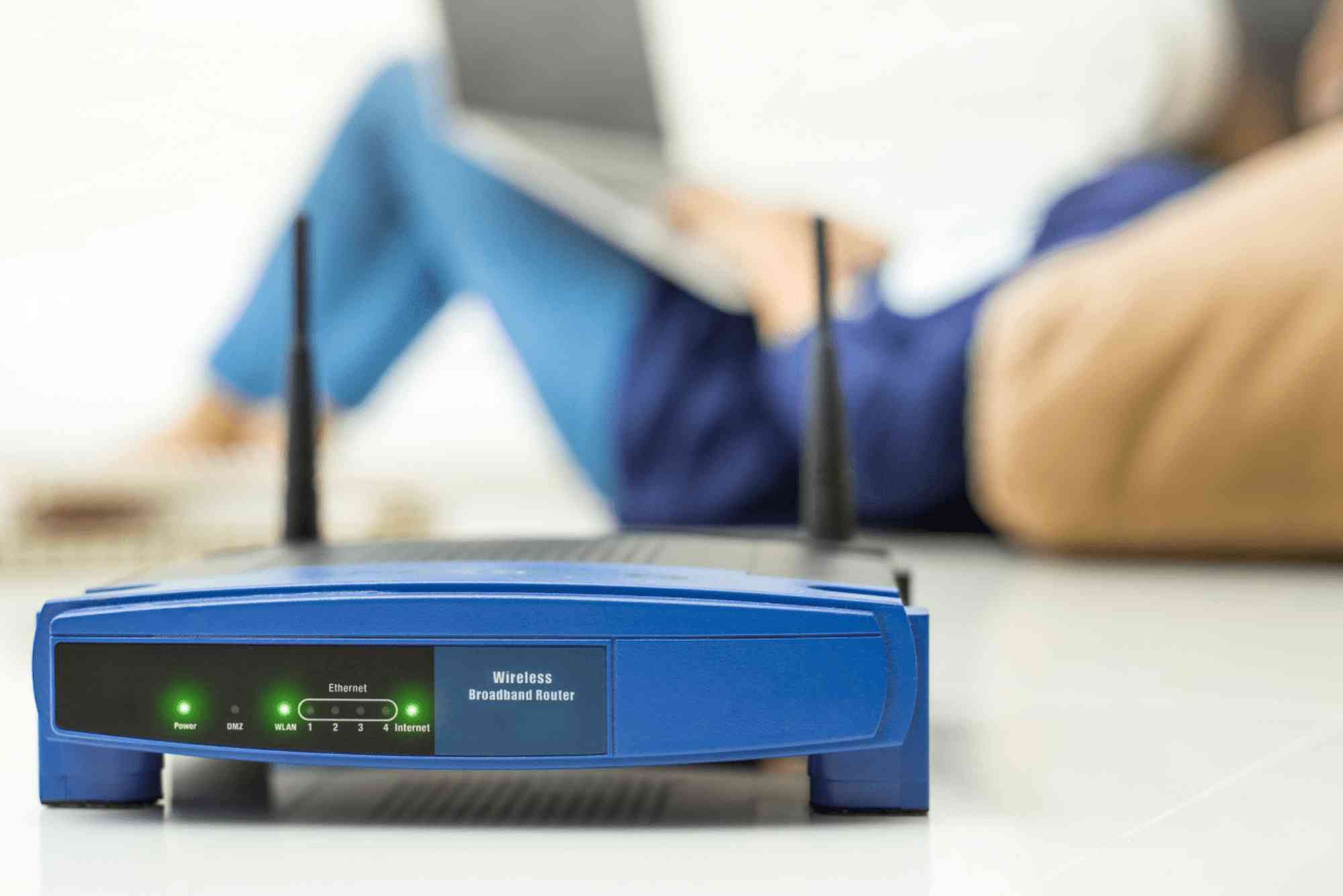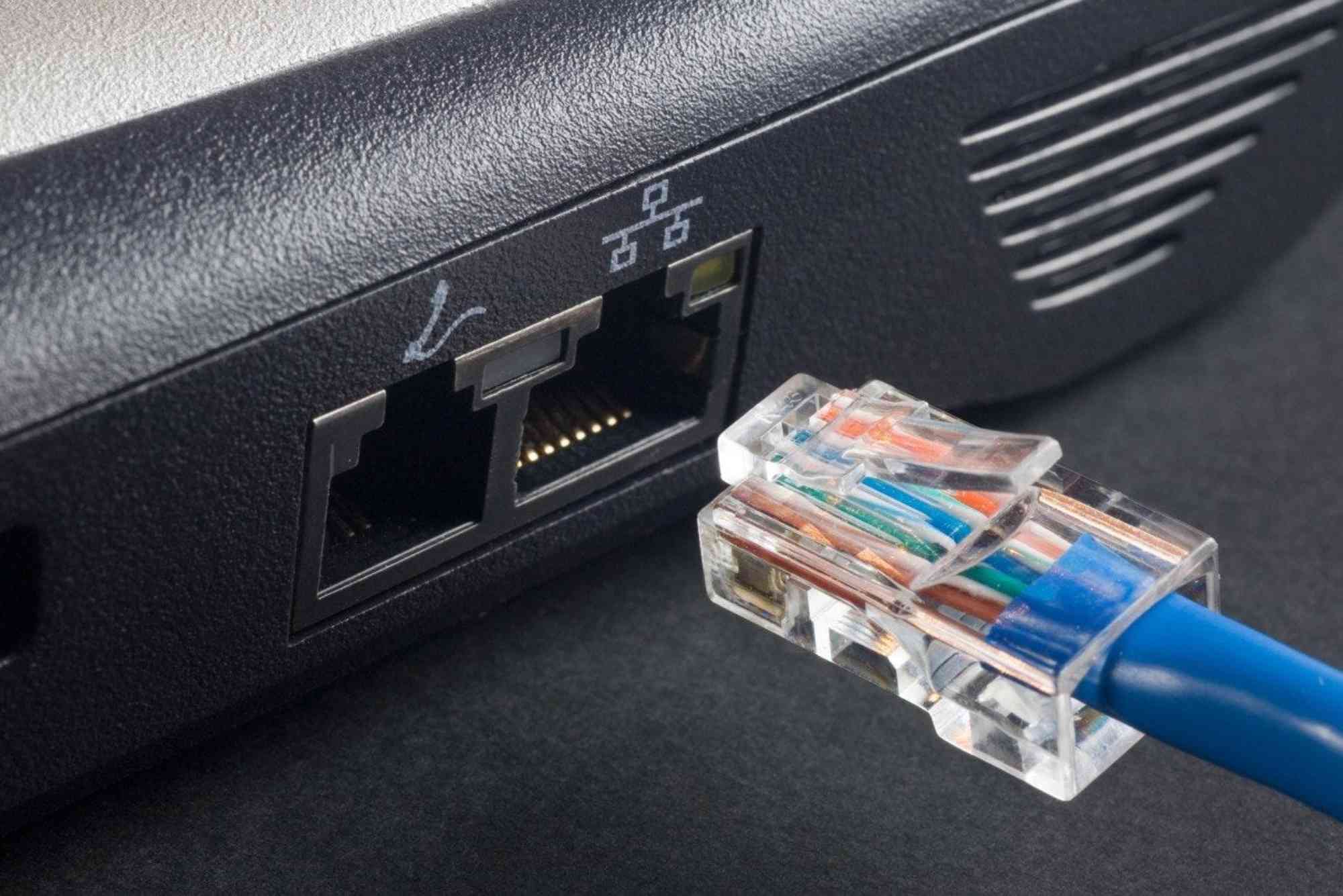What Is VPN DNS Leak and How to Protect Against It
In today’s digital world, online privacy is no longer optional. Every click, search, or website visit leaves a trace that can be tracked by your internet service provider, advertisers, or even cybercriminals. Many people turn to virtual private networks (VPNs) to protect their identity and browsing activities. But what if your VPN is leaking your information without you even knowing it? This is where VPN DNS leak protection becomes crucial. Understanding how DNS leaks occur and learning how to prevent them is key to ensuring your VPN truly keeps your online activity private.
What Is a DNS Leak
To understand a DNS leak, you first need to know what DNS (Domain Name System) does. DNS acts like the phonebook of the internet, translating human-friendly web addresses like google.com into numerical IP addresses that computers understand. Normally, when you type a website address, your device asks your ISP’s DNS servers to resolve it. This means your ISP can see every website you visit. When you use a VPN, your DNS requests should be encrypted and routed through the VPN provider’s secure servers. This way, your ISP cannot track your browsing activity. A DNS leak happens when those requests bypass the VPN tunnel and go directly to your ISP. As a result, even if your VPN hides your IP address, your browsing history is still exposed.
Why VPN DNS Leak Protection Matters
VPN users often believe they are completely anonymous once they connect to a secure server. However, without proper VPN DNS leak protection, their data can still slip through. This defeats the entire purpose of using a VPN. Your ISP, advertisers, or malicious actors could still monitor your activity. For example, if you are trying to access geo-restricted content, a DNS leak can reveal your true location and block access. Similarly, journalists, activists, or business professionals who rely on VPNs for security may face severe risks if their data leaks. In short, VPN DNS leak protection ensures your privacy strategy is not just a false sense of security but a reliable defense.
Common Causes of DNS Leaks
DNS leaks can occur for multiple reasons, even when your VPN is functioning normally. One of the most common causes is improper VPN configuration. If your VPN app does not handle DNS requests correctly, they may default to your ISP’s servers. Another cause is operating system behavior. For instance, some Windows settings like Smart Multi-Homed Name Resolution can force DNS queries outside the VPN tunnel. Browser features, especially in Chrome and Firefox, can also use DNS prefetching or WebRTC, which bypass VPN encryption. Finally, weak or outdated VPN protocols may fail to secure DNS traffic, leaving you vulnerable. These causes highlight why simply installing a VPN is not enough—you need reliable DNS leak protection as part of your setup.
How to Detect a DNS Leak
Before you can fix a DNS leak, you need to confirm whether one exists. Fortunately, checking for leaks is straightforward. After connecting to your VPN, visit a DNS leak test website. These tools display the servers handling your DNS requests. If you see your ISP’s servers instead of your VPN provider’s, you have a DNS leak. Some VPNs include built-in leak tests, which are even more convenient. Regularly testing your VPN ensures your online activities remain private. Even if you believe your VPN has solid security features, running a quick check provides peace of mind and helps you catch hidden vulnerabilities.
How VPN DNS Leak Protection Works
VPN DNS leak protection is a feature offered by reliable VPN services to prevent DNS queries from escaping the encrypted tunnel. When enabled, this feature forces all DNS requests to pass exclusively through the VPN’s secure servers. Instead of allowing your system to fall back to your ISP’s DNS, the VPN ensures that every request stays private. Some providers even operate their own zero-log DNS servers, meaning your browsing history is never stored or shared. Advanced VPNs go further by offering built-in safeguards like IPv6 leak protection and kill switches. Together, these features create a layered defense, ensuring no data escapes unintentionally.
Steps to Prevent DNS Leaks
Protecting yourself against DNS leaks involves more than just turning on a VPN. First, always choose a reputable VPN provider with proven DNS leak protection. Avoid free or unverified services that may lack this feature. Next, configure your operating system correctly. Disabling settings like IPv6 and Smart Multi-Homed Name Resolution can prevent leaks on Windows. On browsers, disable WebRTC to stop IP and DNS leaks during video calls or streaming. Another effective step is manually setting your DNS servers. Instead of relying on your ISP, you can use secure alternatives like Google DNS or Cloudflare DNS, combined with your VPN for added privacy. Finally, always keep your VPN and system updated. Outdated software often contains bugs that lead to leaks.
VPN DNS Leak Protection in Real-World Scenarios
Imagine using a VPN to access streaming services not available in your country. Without VPN DNS leak protection, your ISP’s DNS servers could reveal your true location, causing the service to block you. Similarly, if you are working remotely and connecting to sensitive company data, a DNS leak could expose your activities to hackers or competitors. For people living in regions with strict censorship, leaks could even put them at legal risk. These examples show how critical DNS leak protection is, not just for privacy enthusiasts but for anyone who values secure online access.
Choosing a VPN with Strong DNS Leak Protection
Not all VPNs are created equal. When selecting one, check whether it offers built-in DNS leak protection. Look for providers that run their own DNS servers and enforce strict no-log policies. Features like a kill switch, IPv6 blocking, and robust encryption standards are also essential. Reading independent reviews and conducting your own leak tests before committing can save you from future problems. Additionally, consider providers that focus on transparency and trustworthiness rather than flashy marketing. Investing in a reliable VPN may cost more, but the added security is worth it.
The Role of Internet Services in Secure Browsing
While VPNs play a crucial role in protecting against DNS leaks, your overall internet service quality also matters. Choosing a secure and trustworthy ISP can reduce the risk of leaks and improve connection stability. For example, providers like Dhanote Internet Services focus on delivering reliable connectivity that pairs well with advanced privacy tools. Combining a reputable VPN with dependable internet services ensures you enjoy both speed and security without compromising privacy.
Protecting Your Privacy With VPN DNS Leak Protection
A VPN is one of the most powerful tools for safeguarding online privacy, but it is only effective if used correctly. DNS leaks are silent privacy threats that can expose your browsing habits to ISPs, advertisers, and even cybercriminals. With VPN DNS leak protection, you can ensure your online activity remains truly private. By choosing a trusted VPN, adjusting your settings, and running regular leak tests, you minimize risks and maximize security. Protecting your digital identity is not optional in today’s connected world—it is essential. Take the first step toward complete online privacy today by choosing a VPN with reliable DNS leak protection and pairing it with secure internet services. Your data deserves nothing less.
Frequently Asked Questions
How do I know if my VPN has DNS leak protection
Most premium VPNs clearly list this feature in their security settings or on their websites. You can also confirm by running a DNS leak test.
Can free VPNs prevent DNS leaks
In most cases, free VPNs lack robust DNS leak protection. They often use insecure servers, making them risky for privacy-focused users.
Do DNS leaks only happen on Windows
No, DNS leaks can happen on any device or operating system. However, Windows has more settings that commonly trigger leaks.
Should I change my DNS settings if I use a VPN
Yes, using secure DNS servers like Google or Cloudflare can add another layer of privacy. Just ensure they work with your VPN.
Is VPN DNS leak protection the same as a kill switch
No, they are different features. DNS leak protection secures DNS queries, while a kill switch disconnects your internet if the VPN fails.







